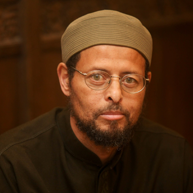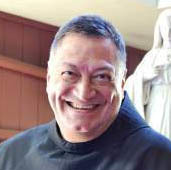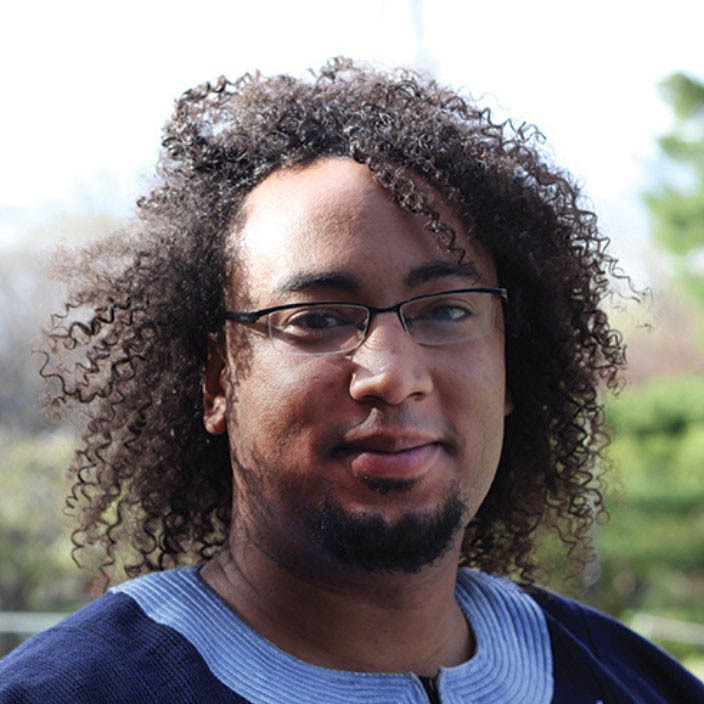A conversation with:
3:30 – 5:30 PM, Sunday, February 3, 2019
Colonialism universalized a decidedly modern educational system often at the expense of non-Western intellectual traditions. But in its pursuit of vocational literacy and competency in STEM-related fields, the modern system has abandoned its own classical tradition that arguably gave birth to it.
As a result, few of us today—in the West or in its former colonies—are truly literate in any intellectual tradition, whether European, Islamic, Dharmic, Chinese, or other. Meanwhile, calls for “decolonization” aim to diversify our education, for instance by adding more authors of African, Asian, and Middle-Eastern descent. But why do calls to "diversify" what we read fall short?
In a postcolonial world, interconnected once through brute domination and control and now through addictive technologies and travel, can we truly free our minds by relying only on our own intellectual tradition? Is there even such a thing as our own tradition given all of the influences upon the various traditions? Does “tradition” deny itself when it denies all aspects of itself, including the impact of other cultures upon it, whether by force or fortuitousness? Is Dickens part of South Asia as much as he is part of England given he has lived among their educated for more than a hundred years? Or do his characters mean nothing to them other than serve as a reminder of a colonial intrusion best jettisoned? Can Homer speak to our shared humanity, or does he merely represent a Western man? Does Rumi have wisdom to impart to everyman or does his poetry remain snaffled in the medieval world of Konya?
Join us for what promises to be a stimulating and compelling public conversation about what we should read—and how we should read it. We suggest reading this essay by Oludamini Ogunnaike before the event.
Time and date: 3:30 – 5:30 PM, Sunday, February 3, 2019
Location: Zaytuna College, 2401 Le Conte Avenue, Berkeley, CA 94709
This event is free. Please join us for a reception with the speakers starting at 2:45 PM.
Note: For those unable to attend in person, we will post videos of the event in mid-February, God willing.

Zaid Shakir is a prominent American Muslim scholar and a co-founder of Zaytuna College, where he has taught courses in Arabic, Islamic spirituality, contemporary Muslim thought, Islamic history and politics, and Shafi’i fiqh. He is regularly included among the Western world’s most influential Muslims in The Muslim 500, and he is a signatory of the 2007 letter “A Common Word Between Us and You,” an appeal for peace and cooperation between Christians and Muslims.

Francisco Nahoe, a Roman Catholic priest and Franciscan friar, teaches courses at Zaytuna College on the trivium and the principles of democracy, and also serves as director of admissions. He holds a Ph.D. in Renaissance Literature, and has served as promoter of the Franciscan Vietnam Mission and as rector of Saint Thomas Aquinas Cathedral in Reno, Nevada. His past teaching commitments include Bishop Montgomery High School in Los Angeles, Phillips Academy in Andover, MA, and Dartmouth College in Hanover, NH.

Oludamini Ogunnaike, an assistant professor of religious studies at the University of Virginia, teaches courses on Islam, Islamic philosophy, spirituality, art, and African and African diasporic religions. His research interests include Islamic and indigenous religious traditions in West and North Africa before, during, and after the colonial era. He has written two essays for Renovatio, “The Silent Theology of Islamic Art” and “Of Cannons and Canons: The Promise and Perils of Postcolonial Education.”